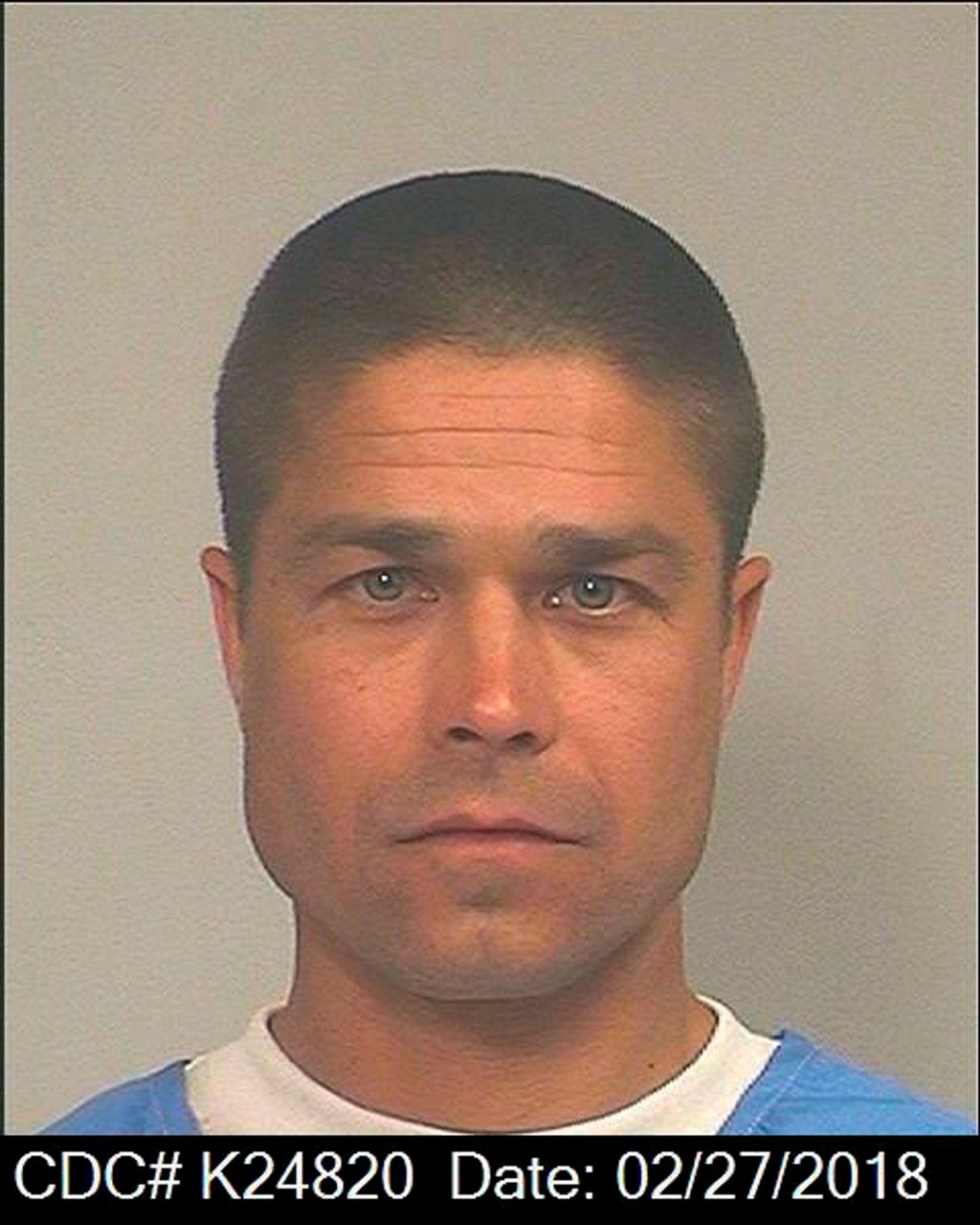SACRAMENTO, Calif. (AP) — Brandon Hein was 18 when he and three other teenagers were charged in the 1995 stabbing death of the 16-year-old son of a Los Angeles police detective.
One of Hein's friends pulled a knife during a fistfight over marijuana. James Farris III died; Jason Holland testified that he committed the stabbings in a backyard clubhouse, but Hein was also sentenced to life in prison under California's "felony murder" rule that holds accomplices to the same standard as if they had personally committed the crime.
Hein became a cause celebre almost immediately for those who thought his sentence too harsh, the subject of sympathetic webpages and a 2003 segment on CBS News' "60 Minutes." More than two decades later advocates point to his case as one example as they try to narrow the rule.
Even a few Republicans are backing the Senate-approved bill awaiting action in the Assembly before lawmakers adjourn for the year at the end of August. Critics say it's unfair that accomplices can face execution or life prison sentences even if they were unaware that a killing would or did take place.
"They're charged as if they pulled the trigger," said Republican state Sen. Joel Anderson of Alpine, who co-authored the bill with Democratic Sen. Nancy Skinner of Berkeley.
Skinner said the current law "can be very broadly applied to sweep up anyone who is around," but argued that her measure "does not let murderers off the hook."
Separately, the 9th U.S. Circuit Court of Appeals last week cleared the way for a challenge to the felony murder law on the grounds that it's unconstitutionally vague. In that case, Shedrick Henry was convicted of second-degree murder and sentenced to life in prison for killing a bystander when he fired a gun in a Berkeley apartment building in 1995. The appeals court said he can challenge the part of California's law that allows a murder conviction for an "inherently dangerous" felony that results in an unintentional death.
The pending legislation would limit murder convictions to those who actually commit murders; those who "with the intent to kill" knowingly aid, solicit or assist the killer; and those who are major participants in an underlying crime and acted with reckless indifference to human life.
Among those facing a felony murder charge is Gene Evin Atkins, 28, who authorities say held dozens of people hostage inside a Trader Joe's market last month after shooting his grandmother and kidnapping his girlfriend. He is charged in the death of the store's assistant manager, Melyda Corado, 27, even though a Los Angeles police officer fired the fatal shot during a gunfight outside the store.
The bill would require re-sentencing prior offenders such as Hein, which the California District Attorneys Association said would cause particular problems in cases where offenders pleaded guilty.
The Assembly Appropriations Committee on Thursday advanced the bill for a vote by the full Assembly after Skinner made several changes to try to ease opposition from law enforcement groups.
Her office refused to provide details of the amendments and the prosecutors' association did not respond to a request for comment on whether it was satisfied with the changes.
With no trial record to prove that the offender committed acts that would qualify them for a murder conviction under the proposed legislation, the association argued, "the result will entitle virtually all petitioners who apply, even those who were major participants in the crime which resulted in death, to be entitled to a resentencing and the elimination of their well-deserved criminal liability."
Those re-sentencings could then essentially require new jury trials, with witnesses and victims retrying the case years after the original conviction, the prosecutors objected. The association said it supports "a reasonable and measured approach to felony murder reform. Unfortunately this bill falls short and creates some potentially disastrous and costly problems that renders this bill unworkable."
California officials said they don't know how many convicts are serving time for felony murder because they don't track the cases separately from other murder convictions.
Critics say the rule has been disproportionately used against minority and poor offenders as well as women and youths who are more likely to be accomplices in crimes. Skinner said Canada, England and at least six other states have already narrowed the rule.
Copyright 2018 The Associated Press. All rights reserved. This material may not be published, broadcast, rewritten or redistributed.



